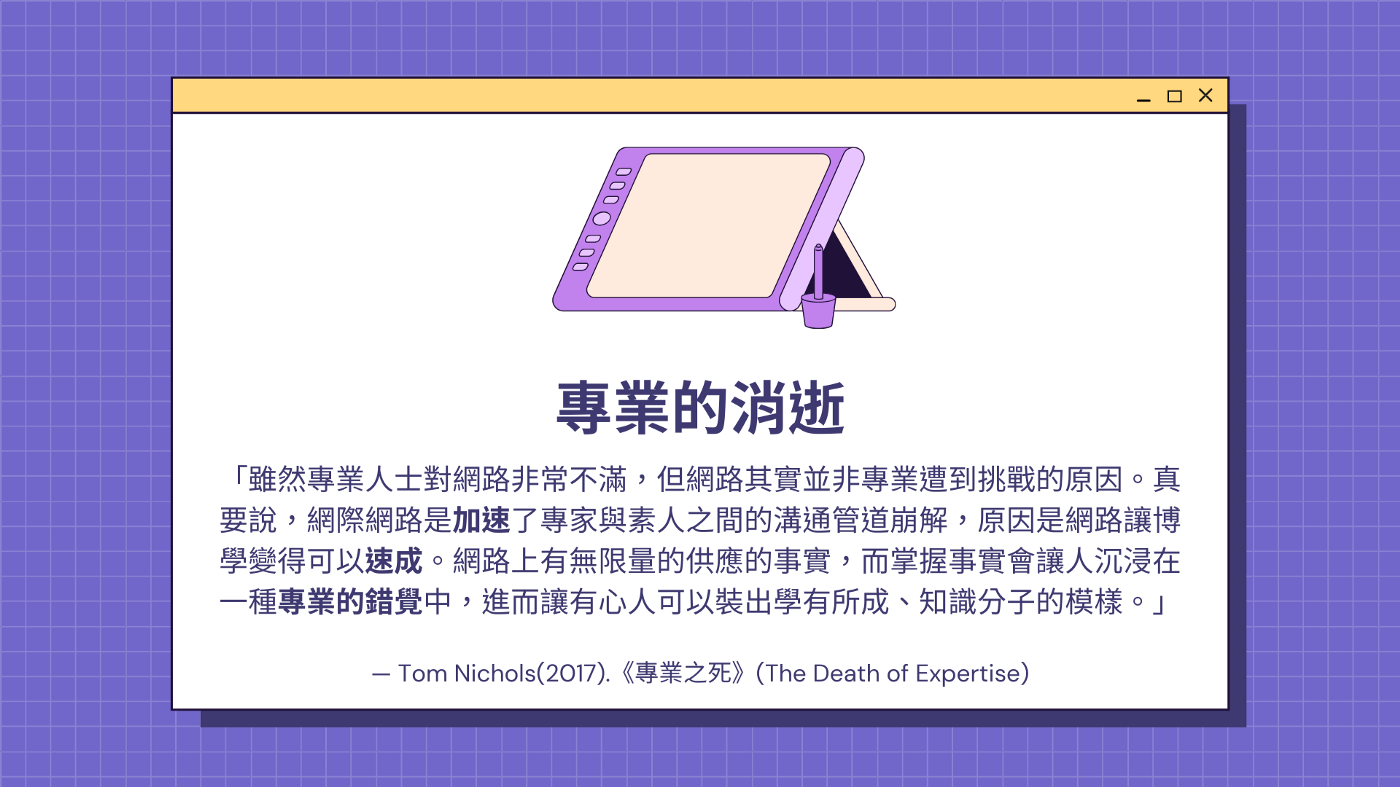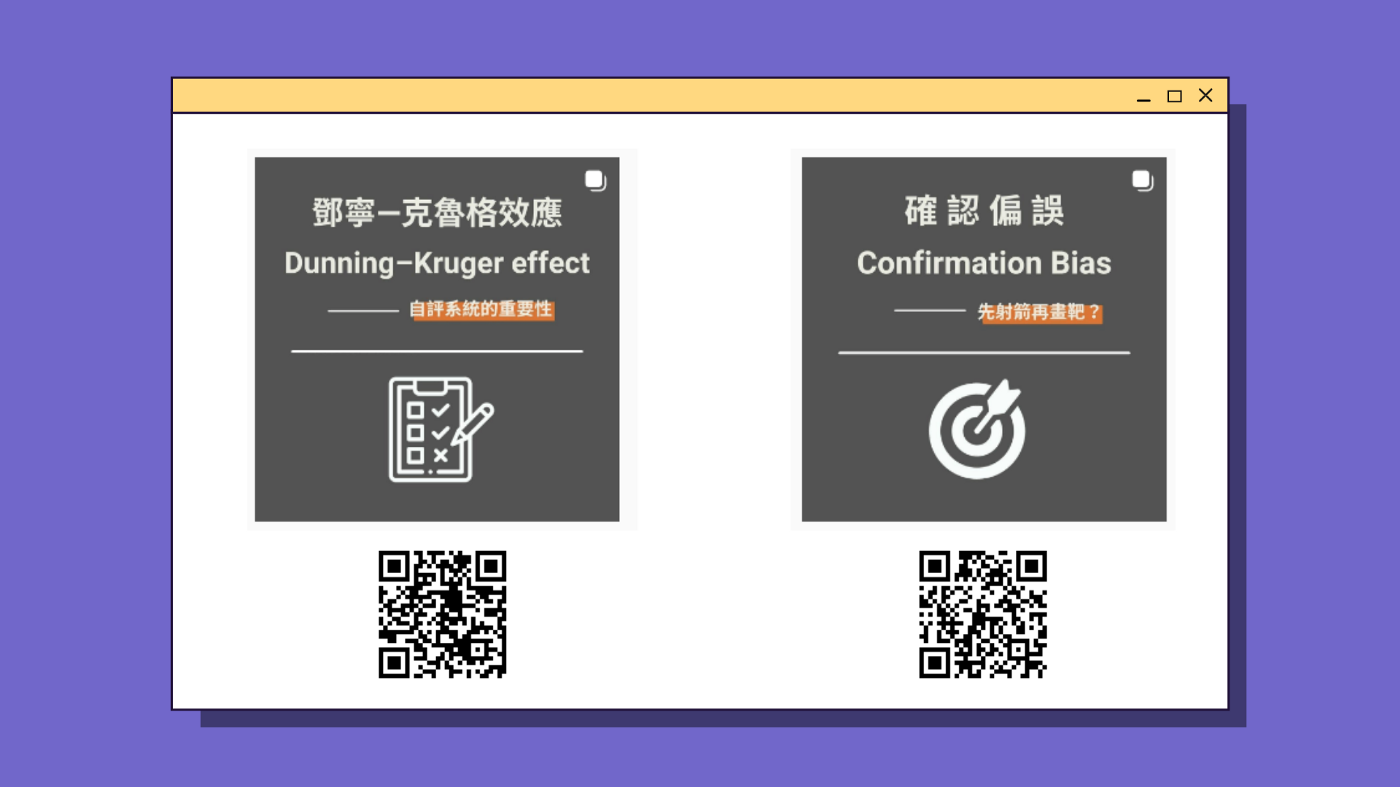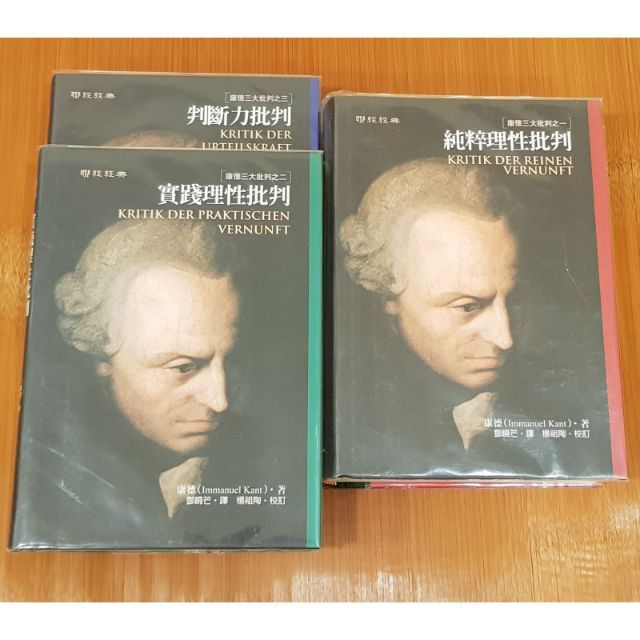📝📝: Information Network Special Ep. 3|Professional Death

professional death
The Internet has undoubtedly brought the liberation of knowledge and a high degree of convenience, however, it has inevitably led to the collapse of the image of knowledge authority. Tom Nichols called the phenomenon “The death of expertise,” blaming it for the two-way nature of the internet and its flattening nature, which puts experts on an equal footing with civilians. Tom Nichols comments on the impact of information transparency on the Internet
"Although professionals are very dissatisfied with the Internet, the Internet is not the reason for professional challenges. To be honest, the Internet has accelerated the collapse of the communication channel between experts and amateurs. The reason is that the Internet has changed the learned There is an infinite supply of facts on the Internet, and mastering the facts creates an illusion of professionalism, which in turn allows the conscientious person to pretend to be a learned, intellectual.” (Tom Nichols, 2017)

"Professional disappearance" can also be deconstructed from the perspective of cognitive psychology. These two popular science pictures and texts I have done are used to illustrate this phenomenon: Dunning-Kruger effect , confirmation bias
╴
This "illusion of experts" allows an individual to browse the deontology of the German philosopher Immanuel Kant on the Internet, as if he can discuss moral philosophy on an equal footing with the experts who study Immanuel Kant at the university. In fact, however, Immanuel Kant's views on moral philosophy are contained in the second of his three critical works, the Critique of Practical Reason ( Kritik der praktischen Vernunft ), and his earlier work on ethics, The Metaphysical Foundations of Morality ( Grundlegung zur Metaphysik der Sitten ).
Philosophy professors in university colleges can be called Immanuel Kant experts because they spent a lot of time studying the flow of thought and the turn of discourse. Immanuel Kant took ten years to complete his three critiques (The other two are "Critique of Pure Reason" ( Kritik der reinen Vernunft ) and "Critique of Judgment" ( Kritik der Urteilskraft ), which together with the above "Critique of Practical Reason" are called the three major criticisms).

When looking for information on the three major criticisms of Immanuel Kant on the Internet, there is no context at all, let alone no one will review these materials. At best, these massive amounts of information can only be the reproduction and representation of knowledge, not knowledge itself, and then Too many representations cannot construct a complete and rigorous knowledge system. Therefore, the result of knowledge decentralization not only leads to the disintegration of knowledge authority, but also eliminates the boundary between experts and amateurs, and even gives Internet users the illusion of "I am also an expert". On the contrary, the superficial network knowledge has brought about the crisis of distinguishing between true and false information.
Like my work? Don't forget to support and clap, let me know that you are with me on the road of creation. Keep this enthusiasm together!

- Author
- More